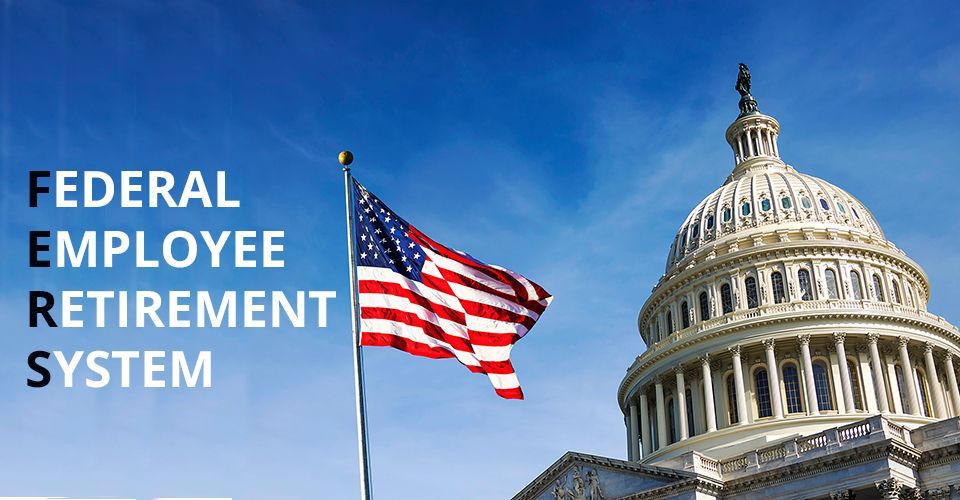Maximizing Your TSP Match for FERS Employees

As a civilian Federal employee, you have access to what the Government calls a Thrift Savings Plan or TSP. The TSP bears a striking similarity to some privately held retirement vehicles, like the 401k. In the same way, many companies contribute to employee 401k plans, the Government makes contributions and matches to your TSP. Maximizing these Government contributions is one of the keys to retirement planning early in your career.
Enrollment and Automatic Enrollment
According to TSP.gov, every employee hired after 2009 received an automatic enrollment in a 3-5% contribution to their TSP. You may have elected to change this, so verify it against your latest Earnings and Leave Statement.
You have the option to change the amount you contribute at any time, up to the IRS’ allowed yearly maximum for pre-tax contributions. For 2022, this amount is $20,500, with an additional $6,500 if you are 50 years of age or older.
One Percent For All
Even if you choose not to have contributions to your TSP taken from your paycheck, part of the FERS program allows the Government to make a 1% automatic contribution to your TSP. This 1% of your base salary begins on your hiring date and will continue throughout your employment, following your salary increases.
Contribution Matches
In addition to this 1% contribution, your employer will match the amount you choose to have withheld from your TSP within certain limits. The first 3% of your net salary that you contribute to your TSP receives a dollar-for-dollar match, and the following 2% will receive a 50-cent-on-the-dollar match. This matching system means that if you contribute 5% of your base salary to your TSP from your pre-tax dollars, your total contribution will be 10%.
Conclusion
Depending on your IRS-set maximum contributions, you can get the most out of your employer’s matches by contributing 5%. As you near separation, our professionals at Federal Retirement Experts recommend contributing the total amount you are allowed by the IRS to maximize your income in retirement. Let our expertly trained benefits consultants provide a complete analysis to see what your first steps into retirement will look like at no cost to you.
Contact us now to get started.
More Featured Articles









